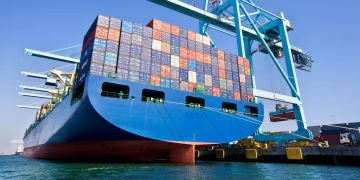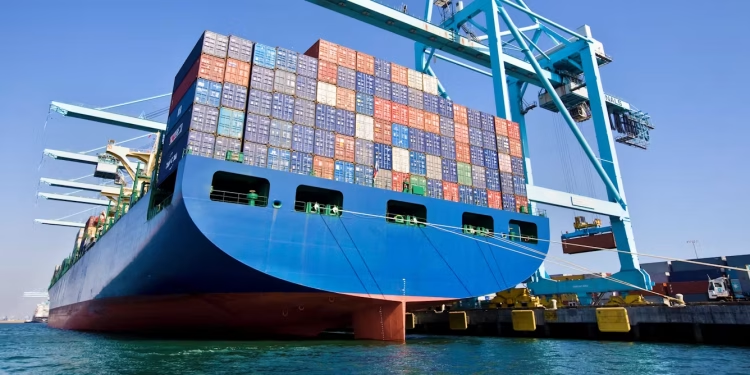By Eva Richardson
March 3, 2025 – The global maritime industry is at a critical juncture as major ports worldwide accelerate the transition to alternative fuels, fundamentally reshaping the future of international trade. With mounting regulatory pressure and ambitious net-zero commitments, the industry is entering an unprecedented phase of fuel innovation and sustainability.
A New Era in Maritime Fuel
The transition to alternative fuels such as green ammonia, methanol, and hydrogen is no longer a distant goal—it is happening now. Leading ports, including Singapore, Rotterdam, and Los Angeles, are rolling out initiatives to support low-carbon fuels and drive industry-wide adoption.
“This is the biggest transformation in shipping since the shift from coal to oil,” said Marcus Liu, Executive Director of Singapore’s Maritime and Port Authority, in an exclusive interview with The Logistic News. “The pace of change is accelerating, and industry players must act fast to remain competitive.”
Global Impact on Shipping & Supply Chains
The adoption of alternative fuels is expected to:
- Increase operational costs in the short term as companies invest in retrofitting fleets and developing new fuel infrastructure.
- Enhance environmental compliance with upcoming regulations such as the IMO’s carbon intensity targets and EU Emissions Trading Scheme (ETS) for shipping.
- Create new trade routes and supply chains, as alternative fuel production hubs emerge in key locations worldwide.
Port-Led Innovation: Who’s Leading the Charge?
- Port of Rotterdam: Expanding green hydrogen and methanol infrastructure, with plans to become Europe’s alternative fuel hub by 2030.
- Port of Singapore: Launching the world’s first large-scale green ammonia bunkering trials in 2025.
- Port of Los Angeles: Partnering with tech firms to integrate zero-emission fuel cell technology into port operations.
Challenges & Industry Concerns
Despite these advancements, challenges remain:
- Fuel availability and scalability: Can the industry produce enough alternative fuels to meet demand?
- Cost volatility: Will the price of green fuels stabilize, or will companies face unpredictable costs?
- Infrastructure readiness: Are global ports prepared to handle multiple new fuel types simultaneously?
Glyn Hughes, Director General of The International Air Cargo Association (TIACA), highlights the scale of the transition: “This isn’t just a shift in fuel—it’s a complete transformation of global shipping infrastructure. The financial and operational challenges are enormous, but so are the opportunities.”
The Future of Green Shipping
With carbon-neutral shipping corridors being established and regulations tightening, the industry is racing to stay ahead of evolving mandates. The **next five years will determine which companies lead the charge—and which struggle to adapt





















